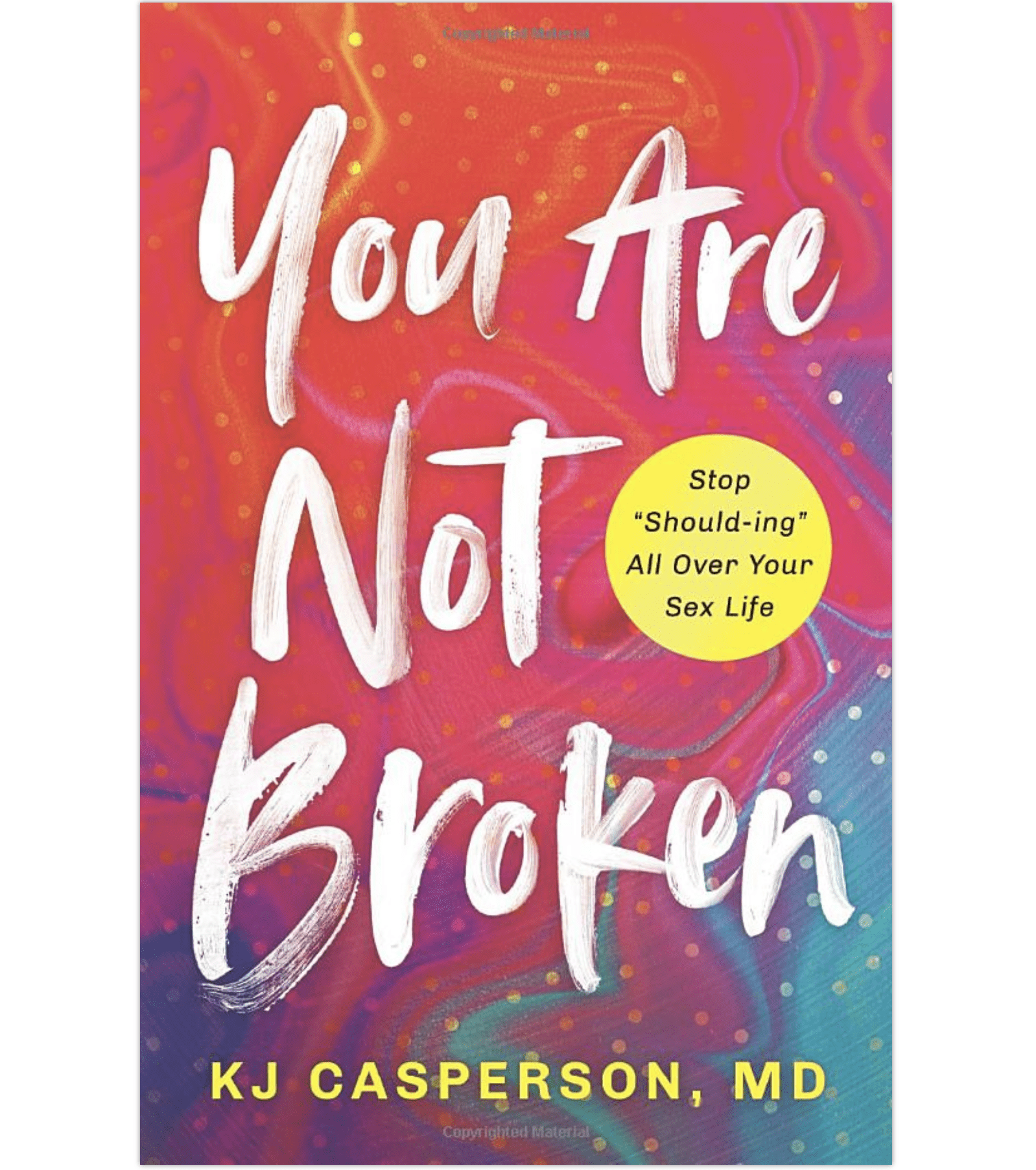Vagina.
For decades, even centuries, Western societies haven’t found a way to completely accept this word and this complicated and vital body part, including its role in women’s sexual pleasure. This remains particularly true in healthcare.
Women’s sexual health and satisfaction is a widespread problem, impacting more than 40% of women of reproductive age worldwide, research shows. Yet nowhere near this number have access to or knowledge of specialists and solutions to navigate an issue that can be both physical and emotional.
Kelly Casperson, MD, urologist and author of a recent book on female sexual pleasure, You Are Not Broken, remembers a patient crying in her office about her sexless marriage and lack of desire after bladder cancer.
“It gave me a flashback to my training in urology,” she says, “where they were like, ‘Women are complicated. We’ll never figure them out. And the gynecologists are helping them anyway, so we don’t really know.’ I was like, ‘Oh, is that actually true?'”
Casperson calls this the culminating moment where her (lack of) education on the topic collided with her drive to help her patient. Her passion project outside work — the book — became her statement on the subject.
Casperson isn’t alone. Other sexual health physicians now pursue advocacy outside of clinical practice or research, writing books on the topic and venturing into social media, high-school sex ed, and even the sex toy industry in an effort to improve women’s sexual — and therefore physical and mental — health.
A Slow Evolution for Sexual Health Medicine
Women’s sexual health issues are rooted in and interchangeable with women’s history of oppression as the “second” sex, some of our experts point out. Irwin Goldstein, MD, director of San Diego Sexual Medicine and founding editor of The Journal of Sexual Medicine, recalls thousands of phone calls from women pouring in after Viagra became popular in the late 1990s as a treatment for male erectile dysfunction.
“It was an unheard-of concept,” Goldstein says, “Women were saying, okay, now men have this. I have pain when I’m having sex. I have poor orgasm quality. I get migraines when I have an orgasm. I’m not interested in sex. I can’t engorge — I’m not aroused. I have orgasms 24/7 and I hate it … “



